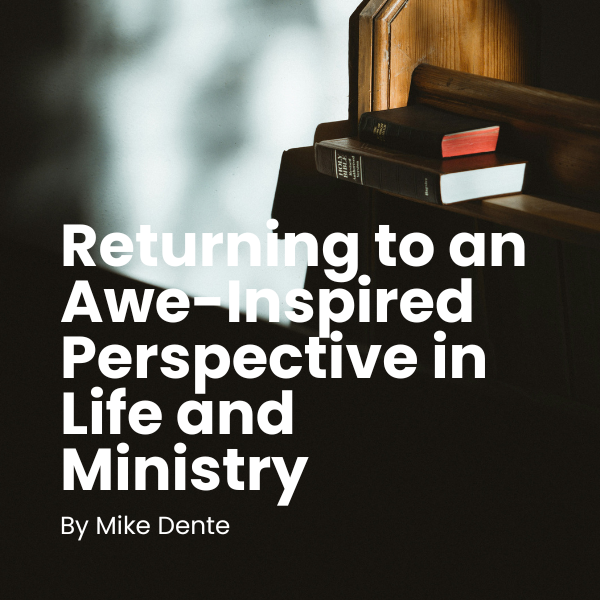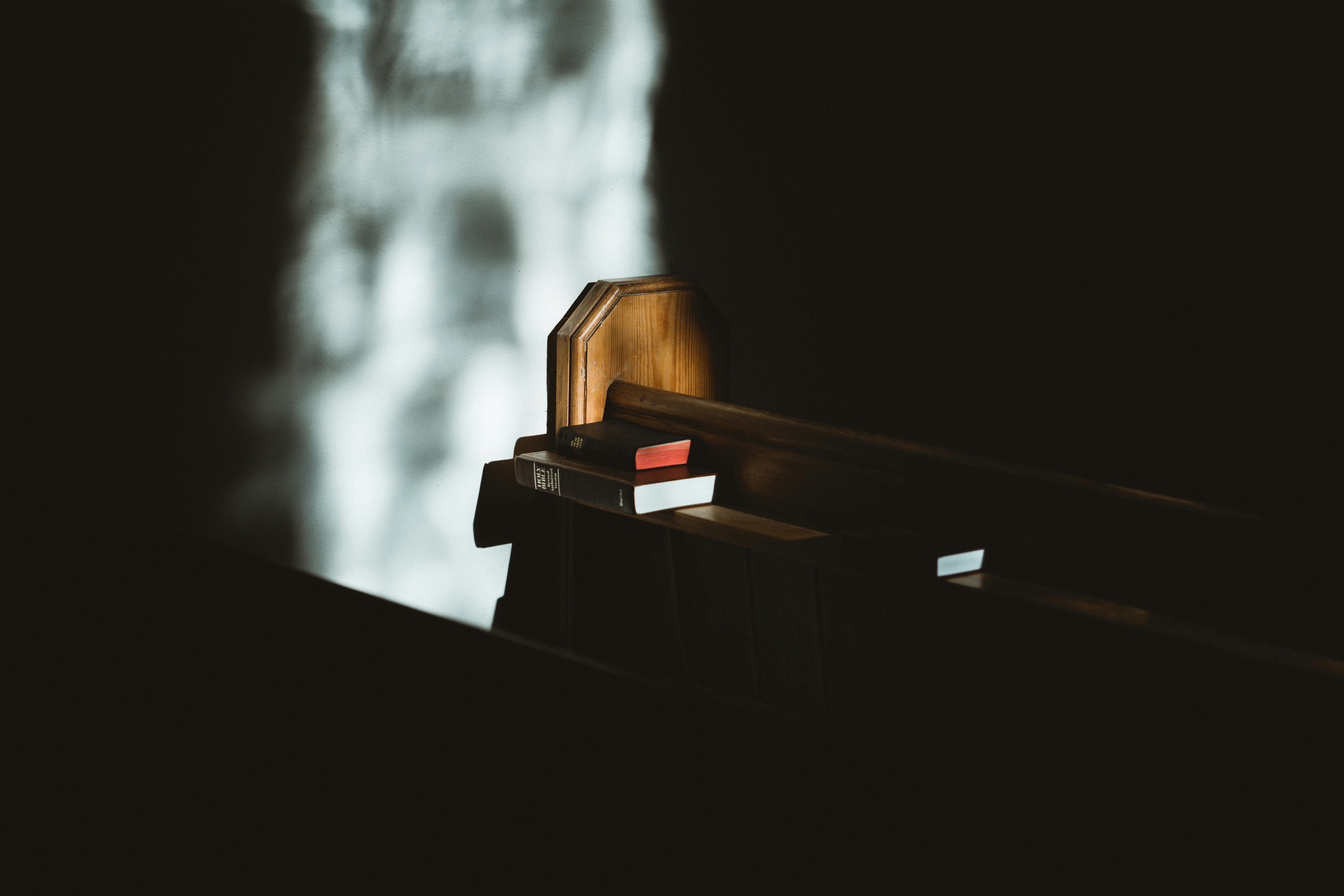
I’m finally getting around to reading one of those books I’ve heard quoted by a ton of authors and podcasters, “A Secular Age” by Charles Taylor. Although I’m far from finishing this massive book, I highly recommend it to anyone in ministry because it describes how Western Culture became post-Christian. Honestly, what I’ve read still occupies my thoughts, even months later! He spoke about the role of the Church in ushering in a secular society. Yes, our role in the current secular society!
In speaking about how Protestantism, notably Calvinism and Puritanism, tended toward the disciplined life and removing superstition in worship, something else was lost. Taylor observed that emptying Churches of Sacred Art and eliminating the feasts and beliefs that stemmed from a more “magical” past, opened the door to the Enlightenment thinkers who used the same arguments to remove God from the public scene.
He writes, “Now both their action in expelling the sacred from worship and social life, and the instrumental stance they take to things and to society in the course of building their order, tends to drive out the enchantment from the world. This becomes progressively voided of its spirits and meaningful forces, and more and more the disenchanted world we are familiar with.”[1] Among other practices, Taylor is suggesting that our Protestant heritage and demystifying worship hasn’t just led to “dead orthodoxy” but has played into the hand of atheist thinkers. Now, that’s when I began to wonder, is this true?
We must not oversimplify what took Charles Taylor hundreds of pages to write. He also carefully admits that Luther, Calvin, and the Puritans preached and lived dependent on the Spirit of God. They were in no way promoting a doctrine of spiritless Christianity. But, there was no mistake in the slow progression towards a secular society. This shouldn’t come as a surprise to us in Calvary Chapel. Taylor’s idea goes with the same critique of the church we’ve been known to make. A church out of step with the Spirit and missing the culture, from which God sent a revival that birthed our church movement.
Here is how it applies to us: have our screens, controversies, and continued status quo emptied us of our spark? All the while, Gen Z and the Millennials turn toward a newer version of an ancient spirituality as Esmé Partridge describes in her article.[2] These past years have been complicated by any measure, and a pervasive heaviness can be felt. Sure, we live by the Spirit and see God moving, but is the holy awe of His presence still there?
Thinking about the loss of the spiritual in favor of the secular, it can also be said differently. Herein, I turn to GK Chesterton in Orthodoxy writing about insanity. “Imagination does not breed insanity. Exactly what does breed insanity is reason. Poets do not go mad; but chess-players do. Mathematicians go mad, and cashiers; but creative artists very seldom … And though St. John the Evangelist saw many strange monsters in his vision, he saw no creature so wild as one of his own commentators. The general fact is simple. Poetry is sane because it floats easily in an infinite sea; reason seeks to cross the infinite sea, and so make it finite.”[3]
Sometimes, we keep things reasonable in ministry, look for formulas that provide success, and organize like mathematicians rather than prophets listening to the Spirit. We become like the commentators of Revelation he describes. This is the insanity Chesterton sets as a philosophical groundwork for Taylor. He opened the window for us to see the healthy Spirit-filled “magic” in the works of Narnia and Middle Earth — not to mention the poets and artists who have brought life and beauty into our gospel communities. Losing the spark of a holy enchantement, an awe inspired longing for the Holy and His faithful loving working in our lives, might be our undoing.
There’s another aspect of this. It’s the tired, humdrum life of routine. It follows the same plan every Sunday because that’s how we do it. It’s making each church body a homogenized replica of an idea from the headquarters. It’s toeing the line. This is also a loss of the “magic” because we no longer follow a conviction, a leading of the Spirit, as much as an external concept. This isn’t to say that every movement has its distinctives and philosophies of ministry, which are healthy and necessary in their own right. But we know when things have gone mechanical, and this is Chesterton’s mathematician resurfacing again. This place can be tiring. The only place to find released relief is in the words of Jesus (Matthew 11:28-30).
“Come to me, all who labor and are heavy laden, and I will give you rest. Take my yoke upon you, and learn from me, for I am gentle and lowly in heart, and you will find rest for your souls. For my yoke is easy, and my burden is light” (ESV).
“Come to me,” the Lord says because He knows, because He would exchange secular-minded mathematician with the poet or prophet, or the one He’s created us to be. We can find it only as we rest in Jesus, taking His yoke on ourselves.
Oddly enough, the non-Christian world hasn’t become less spiritual as some of the older new atheists like Richard Dawkins would have us think. Recently, a friend shared a podcast with me, “The Surprising Rebirth of Belief in God” by Justin Brierley, chronicling how they lost public favor to religious thinking. Spiritual thinking seems to be growing, like paganism in the US, as seen in this surprising Cambridge[4] study, in France as philosopher Chantal Delsol’s “La fin de la chrétienté” (The End of Christianity) shows the social progression from a culture dominated by Catholicism to one reminiscent of Roman Paganism or on a more worldwide scene with WitchTok.
Though spiritism, metaphysical exploration, and similar philosophies are alive and well in our Western society, some might relent and say they are just part of the gods of the secular age. A sign of the times. But I don’t see that as much as an obstacle as a new open door. Our Gospel transforms and brings life to all who will come. If the world around us is looking for life in the spiritual, then our Gospel has as much, if not more, to say to them than it did in the pagan era Paul preached in.
With this in mind, I believe Taylor’s observation should lead us to Jesus’ invitation in Matthew 11. He is the One who carries us. His burden is indeed light, as He restores our soul. In so doing, I believe the mathematician will melt away to the awe-inspired lover of God, filled with the spark of joy in the Spirit.
Footnotes
[1] Charles Taylor, A Secular Age (Belknap Press of Harvard University Press, 2007), 83.
[2] Esmé Partridge, “Disenchantment, or Dark Enchantment?”, https://www.esmelkpartridge.com/post/disenchantment-or-dark-enchantment
[3] G.K. Chesterton, Orthodoxy (Christian Classics Ethereal Library), 9.
https://www.ccel.org/ccel/c/chesterton/orthodoxy/cache/orthodoxy.pdf
[4] Here’s an interesting study from Cambridge on the subject: https://www.cambridge.org/core/journals/politics-and-religion/article/abs/political-profile-of-us-pagans/5EBF4A0BCFCB4B96FDC235505F5A9A16







